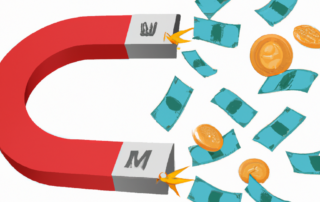The Psychology of Debt Collection
More and more people struggle with debt, and while people differ in their motivations, preferences, and their reasons not to pay, debt collection practices rarely take these factors into account. Using psychological insights, debt collection can be made more debtor-friendly and effective. The results: increased repayments for companies and a lower financial burden for consumers.



